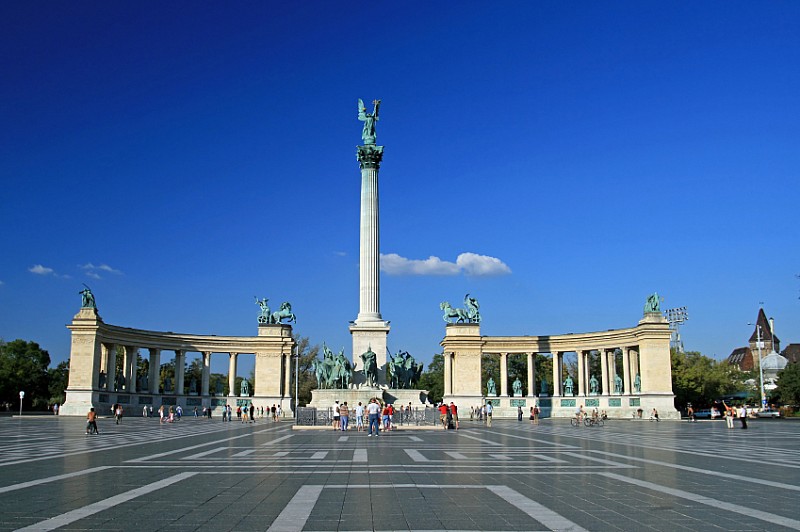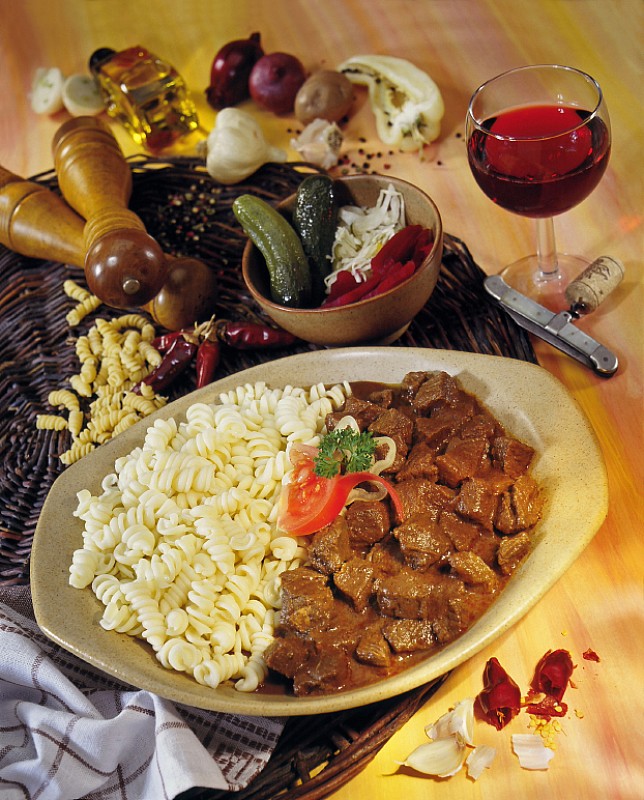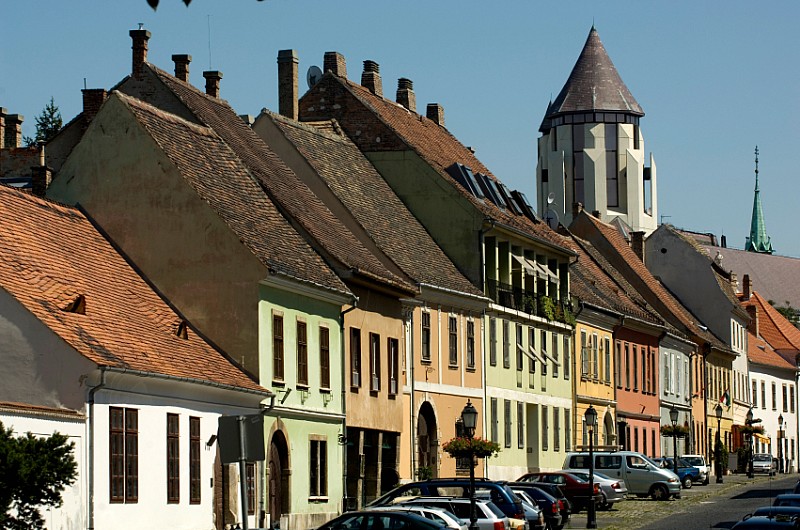





Your one-group partner in Hungary
EuroMove & Relocation
Barázda u. 40
H-1116. Budapest
Company profile
EuroMove is the single moving company in Hungarian ownership providing international relocation, moving and fine art services at international quality level.
Our mission is, on the one hand, to provide a high-quality moving service with local dedication to our partners and their corporate accounts, and on the other hand to service the low-mobility Hungarian market with a high-quality, internationally recognized moving operation.
EuroMove was established in 1998 as a family-run company and it has been providing international moving services in Hungary and the surrounding countries from its head office in Budapest. The provision of relocation services was later added to the portfolio and the company has been operating both as a removal company and a destination service provider since 2002.
We have gradually acquired membership of various well-recognized international associations and have proudly joined the one group as the Hungarian member. As a founding member of the Hungarian Movers Association, we raise awareness of the need for quality and of the issues that local moving companies face within the industry.
EuroMove sends both white and blue collar staff on international training courses to improve the quality level of their work. They continuously measure customer satisfaction to better identify your needs.
RELOCATION SERVICES
Euromove & Relocation
Barazda u. 40
1116. Budapest
Hungary
Tel: +361 382 0990
Fax: +361 204 3572
Locations: Budapest
CONTACTS
Adrienne Deak, CERP2 (Management/Relocation Operations Committee/Rates/HR)
Tel: +361 382 0990
adrienne.deak@euromove.hu
Andrea Müller, Dr. (Relocation Manager – Agent Relations Manager)
Tel: +361 382 0990
andrea.muller@euromove.hu
MOVING SERVICES
Euromove & Relocation
Barazda u. 40
1116. Budapest
Hungary
Tel: +361 382 0990
Fax: +361 204 3572
Locations: Budapest
CONTACTS
Gabor Koncz (Chairman of Agent Relations Committee)
Tel.: +361 382 0990
gabor.koncz@euromove.hu
Monika Pap Petkova (customer service manager)
Tel.: +361 382 0990
monika.pap@euromove.hu
Zsuzsa Csatary (Finance)
Tel: +361 382 0990
zsuzsa.csatary@euromove.hu
David Paricsi (Quality Manager)
david.paricsi@euromove.hu
| Government type | Parlamentary Republic |
| Capital | Budapest |
| Total Area | 93,030 km² |
| Industries | Processing industry, transportation, real estate and financial services |
| Famous Cities | Cities Budapest, Lake Balaton and surrounding, |
| Official languages | Hungarian 95%, Roma 2%, other minorities 2 |
| Country code | +36 |
| Currency | Hungarian Forints (HUF) |
| Voltage | 220 V |
| Public Holidays |
TOP 10 FACTORS WHEN RELOCATING TO HUNGARY
Main area – Budapest is the country’s cultural, political, intellectual and commercial heart. When relocating to Hungary, expatriates are very likely to be staying in the capital with its population of 2 million. Most of the service and manufacturing industries are located in and around Budapest, with good infrastructure and motorway connections. Budapest is a vibrant, beautiful city with great architecture and cultural heritage. It teems with cafés, restaurants, markets, and bars. Budapest’s extraordinary atmosphere can be felt everywhere and offers breathtaking Old World grandeur and a thriving cultural life. Situated on both banks of the Danube River, the city unites the colorful hills of Buda and the wide boulevards of Pest. Hungary is famous for its medicinal spas, and Budapest alone has some 14 historic working baths.
Real Estate and Housing – While some expats prefer the inner city (which typically offers apartments mostly without a garage), most tend to look for homes (both apartments and houses) in the quieter green and hilly Buda side of Budapest which is further away from the city center and close to the international schools. The centrally located districts on the Pest side are recommended for those who want to live near their work and the city’s diverse cultural and nightlife.
There are a large number of properties on the market of very varying quality. It would be good to start the search 2-3 months prior to the move if there is a specific housing need. Contract negotiation between the parties can take 2-3 weeks, plus 1-2 weeks for the signing of the contract once agreement has been reached. Using a relocation company is always a good idea during these negotiations as the real estate agent’s fee is paid by the landlord. It is important to prepare the lease contract properly since it has to be submitted along with the title deed of the property to the Immigration Office during registration.
Temporary Accommodation – This type of housing is available but only in Budapest: there is typically a nice selection of good quality, fully serviced apartments with 2-3 bedrooms.
Schools – Budapest has several international schools: the American International School, the British International School, the Lycée Français de Budapest, the International Christian School of Budapest (ICSB), the Britannica International School, the Deutsche Schule, the Japanese School of Budapest, the Lauder Javne Jewish School & Kindergarten, the Austrian-Hungarian ‘Europe’ School and the Greater Grace International School (GGIS). There are also many public and private pre-schools for children aged 3 to 6. The English, German or French international schools usually have pre-schools. Some schools are overbooked and students are put on waiting lists.
Transportation – There is a good motorway network in Hungary with easy connections to all big cities and neighboring countries. The public transportation network enables you to travel almost anywhere in Budapest. You must purchase a ticket before entering the vehicle. Beware – you may be randomly checked for tickets. Railways provide good connections between larger cities (Intercity) within Hungary and beyond (Railjet).
Driving License – Hungarian law requires all foreigners who wish to drive to obtain a Hungarian license during the first six months of their residency, unless they come from any EU country. The process depends on which state or country issued their current driver’s license. If there is no reciprocity agreement with Hungary, then you will be required to take both a theoretical and a practical driving test.
Pets – There have been some recent changes in the regulations for importation of animals into the European Union, so it is important to check into this beforehand. Every pet must have a microchip before entering Hungary. Hungarians love their pets, but it is not very common to take them with you if you go out. Most landlords will agree to allow pets in their rental properties, but you have to give them notice of this before signing the lease. There is no quarantine period when bringing pets into Hungary.
Cars – Foreign registered cars are allowed to drive in Hungary for 6 months, after which they have to be locally re-registered. The owner of the car has to pay a registration tax based on the size of the car’s engine and its environmental class. When driving on Hungary’s motorways it is compulsory to buy the ‘vignette’ beforehand. There are E-stickers for 4 days, 1 month or for one year. You do not have to stick it to the windscreen: the number plate is registered in the system. You can prove purchase by keeping the receipt.
Parking in the cities is not easy and you have to pay at the parking meters by inserting coins. The receipt must be placed on the dashboard under the windscreen. Parking fees apply between 8 am and 6 pm on workdays – it is free at the weekend. Hungary has a policy of zero tolerance for driving under the influence of alcohol. Special seats are mandatory for infants and children under the age of 12 are not allowed to sit in the front seat of an automobile. Wearing seat belts is mandatory for everyone in the car.
Shopping – Standard shop opening hours are Monday to Friday 10:00-18:00 and Saturday 10:00-13:00. Department stores usually open at 10:00, while groceries, bakeries and supermarkets are open 07:00-20:00. All shops are closed on Sundays, except for shopping malls and shopping centers which are open till 9 pm on workdays and 8 pm on weekends. You can also find some hypermarkets that are open 24 hours – each district has at least one 24-hour store. Many small shops close for Summer in late July and during August and everything shuts on public holidays.
Cultural Idiosyncrasies – Hungarians are almost always less direct than Americans and depend on nuances of meaning in many cases. Humor, often sarcastic, may be used to convey a message. Traditionally, the Hungarian shows respect and deference in such things as greetings and uses last names, so do not expect to use first names right from the beginning. Politeness is an everyday rule that opens (or closes) a lot of doors. Gallantry toward women for males should be the rule: women go through doors first except when entering restaurants or bars, and are normally first out of the elevator.
Informal greetings between men and women friends and relatives are often a kiss on the cheek, first left, then right. Kisses on the cheeks are usually not appropriate between men except for close relatives.
Hungarians lag behind in learning foreign languages. Should there be a problem with your Internet connection, electricity etc. the local tradesman visiting you will probably have no grasp of English, so it will certainly help in everyday life to master a couple of sentences of the language.

